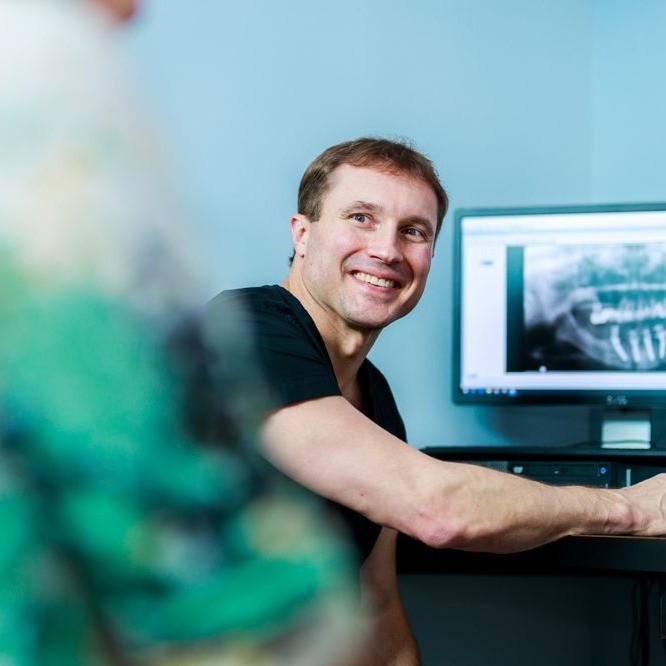Maxillofacial surgery has become integral in resolving various types of jaw deformities that may happen to anyone. In understanding the significance of this medical discipline, Dr Mark Austin will discuss the role it plays in correcting and treating different forms of jaw deformities.
What Is Maxillofacial Surgery, Anyway?
Primarily, Oral and Maxillofacial Surgery (OMS) is a branch of surgery that deals with the diagnosis and treatment of diseases, injuries, and defects in the face, jaws, head, and neck. This usually includes both the soft and hard tissues in these areas.
Maxillofacial surgery is often required for complicated work involving the mouth or jaw, including procedures such as cleft lip and palate surgeries, TMJ (temporomandibular joint) disorders, and corrective jaw surgery, also known as orthognathic surgery.
Realigning Jaw Structure
Common deformities such as overbite, where the upper teeth project further than, or cover the lower teeth, and underbite, where the lower teeth sit in front of the upper teeth when the mouth is closed, can be addressed via orthognathic surgery. Maxillofacial surgeons strategically cut and realign the jawbones into their correct positions and secure them with screws or plates for the healing process.
Rectifying Congenital Deformities
Congenital deformities like cleft lip and palate, which impact both the aesthetics and function of the mouth and face, are also treated with maxillofacial techniques. Maxillofacial surgeons utilize a careful procedure to close the gap in the lip and palate, resulting in significantly improved appearance and function.
Restoring Facial Symmetry
Maxillofacial surgery can rectify asymmetry issues in one’s face, where one-half of the face is different from the other. Whether it arises due to trauma, congenital malformities, or growth abnormalities, maxillofacial surgery can restore balance and symmetry to the face.
Making The Decision To Undergo Maxillofacial Surgery
Opting for maxillofacial surgery isn’t a decision made lightly. These surgical procedures come with their sets of risks and long recovery periods. However, in most cases, the benefits far outweigh any negatives. Improved facial structure, proper speech, ability to eat comfortably, relief from pain and discomfort, and enhanced self-esteem are just some of the many advantages that patients report post-surgery Dr Mark Austin.
